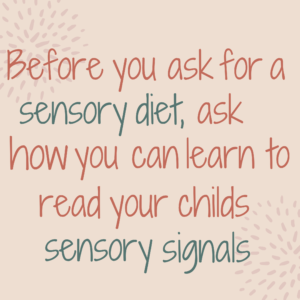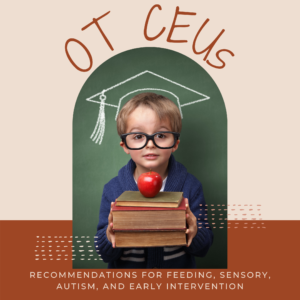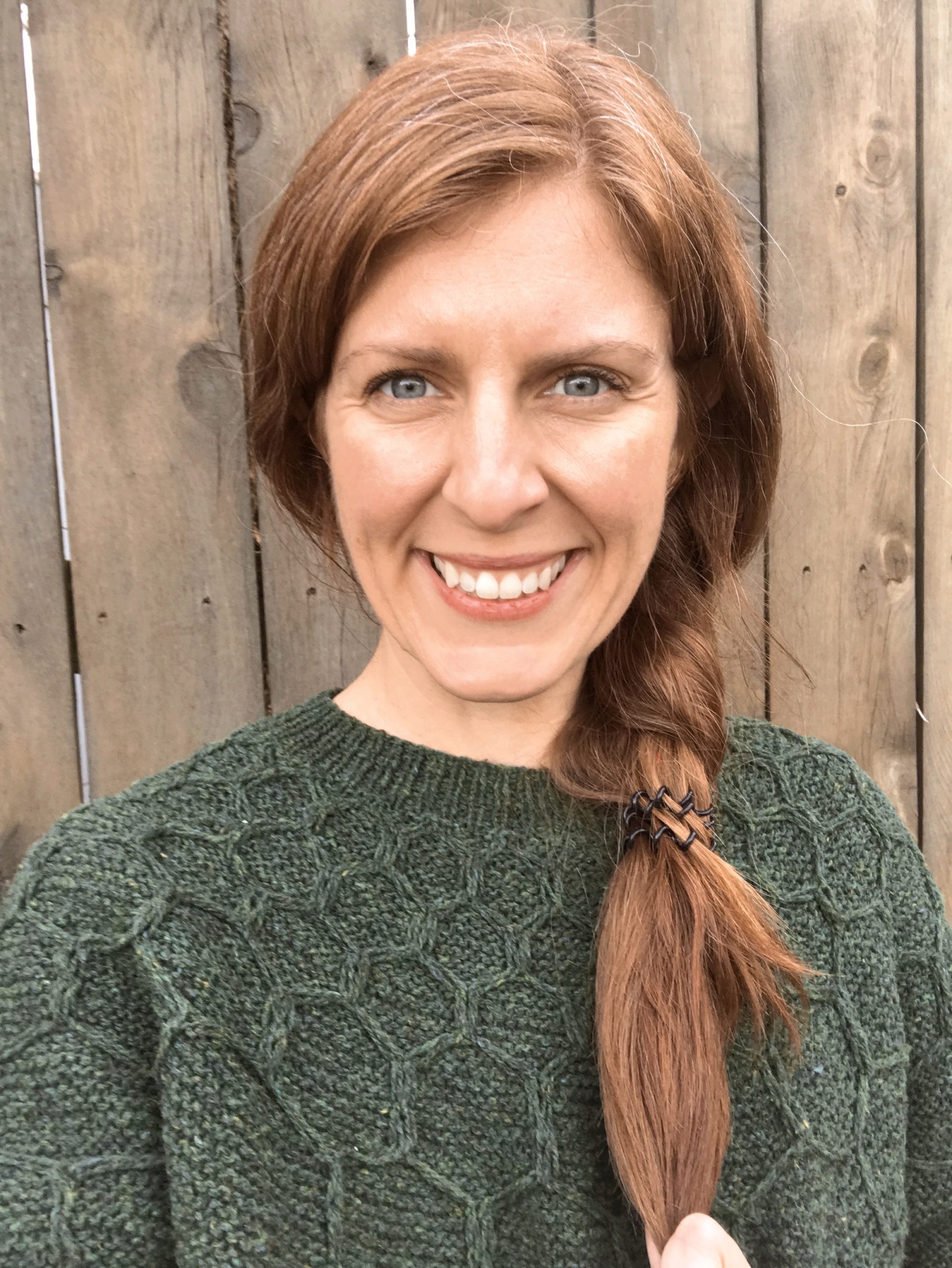Who knew they wanted to be an Occupational Therapist when they started college?
It took me awhile to figure out that OT was the career path I should go down, which is strange because, now that I’m working in pediatrics, it feels like all the steps I took completely aligned to get me here. Here’s my journey from undergrad exploration, to grad school applications, and to what I’m doing now:
As an undergrad I had no clue what OT was or that I even wanted to become one. In my Sophomore year, I realized I didn’t want to be a teacher because I would be responsible for 27 children at one time, so I changed my major to Psychology. I graduated with a Psych degree but, like many others, I didn’t do anything with it after graduating.
After a few years working in a self-contained special-education classroom, I moved to San Francisco to study jewelry design. I am creative and consider myself an artist, but the coldness of metal work and intensity of a blow torch meant it wasn’t something I wanted to do daily. During that time, I met and shadowed an OT and FELL IN LOVE with the creativity, the connection, the educational elements, and the underlying psychology of it all.
So at 29 I started taking pre-requisites.
Many of them, since I was 5 years out of undergrad. I applied to 7 grad schools. If you are reading this as a Pre-OT student I highly recommend applying to as many schools as possible. Don’t limit yourself. Grad school is competitive and state schools are even more so. Why?
State schools are less expensive and many of them are still very good. You’ve probably looked into the top 10 OT schools in the country. I did too. I went to one of them. And although I don’t regret my choice, I do regret how in debt I am. Remember – state schools are great schools. Out of the 7 I applied to I was accepted to 3 private schools. The first was my safety and not my favorite. I was waitlisted at Samuel Merritt University (my top choice) and later accepted, just days after saying yes to NYU.
Fast forward 10 years and my career has focused on the pediatric population:
I started working in Early Intervention. You’ll find a lot of people suggest not doing it as your first job, but I disagree. IF you can find a company that will support new grads then you absolutely should try it. I’ve found that being independent, willing to learn on your own, and being okay with a lot of driving helps too. It was really helpful to get that foundational development knowledge of the 0-3 population and to work directly with the families. Most often, they were just receiving a diagnosis that sometimes can be a bit of a surprise. Supporting them along with the child was so rewarding.
Next, I took a job at an Ayres Sensory Integration clinic. I loved everything about it. The child-led approach, making all the connections between our sensory systems, the creativity, and the people I learned from. While in grad school, I wasn’t sure how I felt about sensory integration. At the time, I didn’t know how much research was out there. I didn’t know how it impacted SO MANY functional deficits. If you have the chance, I highly recommend taking an SI course. It pulls so many pieces together and will make you a better therapist. I took the CLASI-CASI certification, which reviews the SIPT and introduces the new EASI assessment.
Currently, I work at an outpatient clinic with focus on OT and Feeding. 2020 was my year for all things feeding or oral motor. I always felt it was my area of weakness and still feel like I have so much more to learn about the mouth. As frequently as kids present with sensory challenges related to feeding, sensory and motor are so hard to separate. Being able to identify any oral motor deficits or possible tethered oral tissue restrictions has deepened my practice and confidence.
On the Continuing Education Topic….
Continuing education coursework might seem expensive and time consuming, but it helps us grow as therapists. Grad school teaches us the basics. It’s up to us to dive deeper into specialty areas. I mentioned the CLASI coursework but there is an extensive list of courses I have taken (and some additional ones that come highly recommended) that you can find here.













